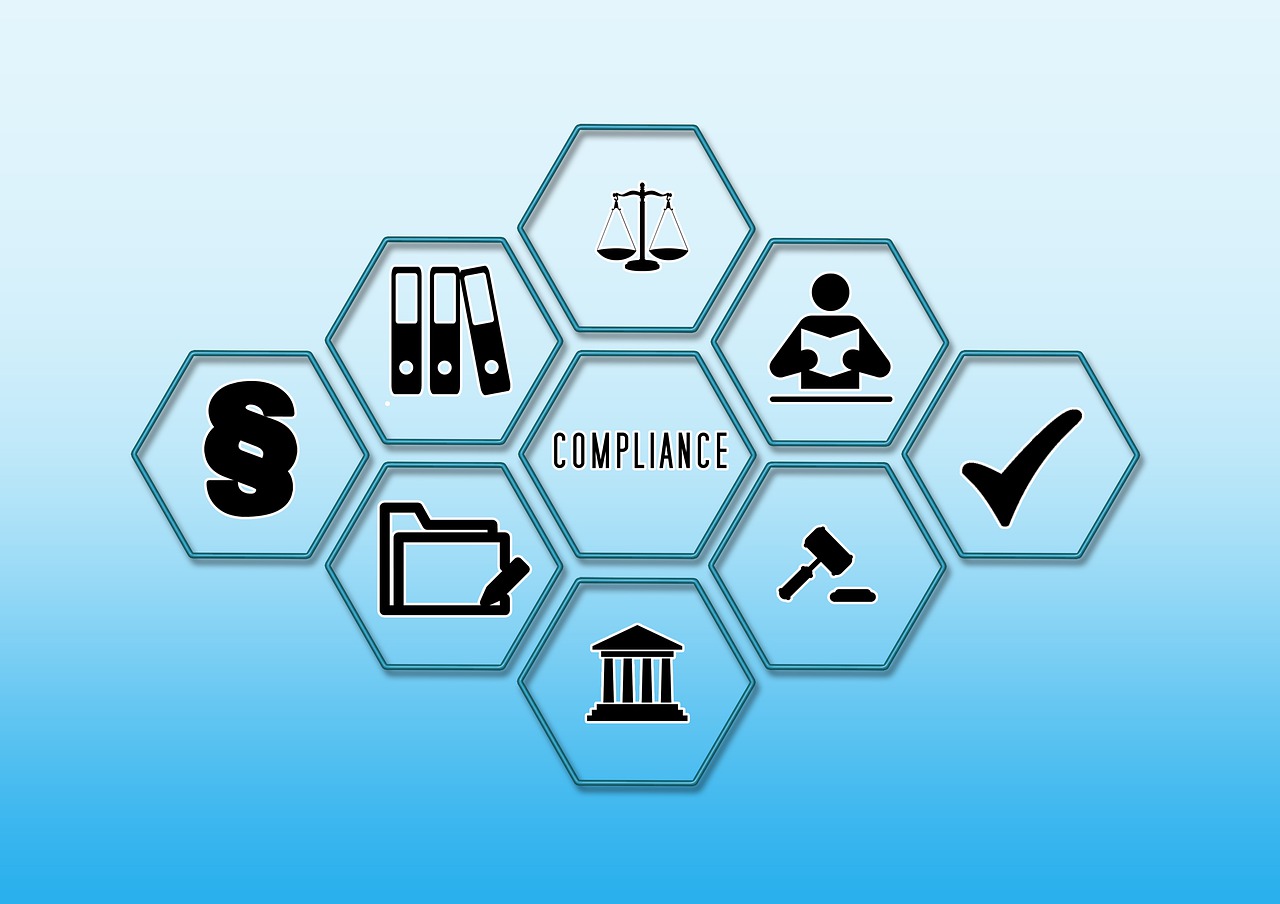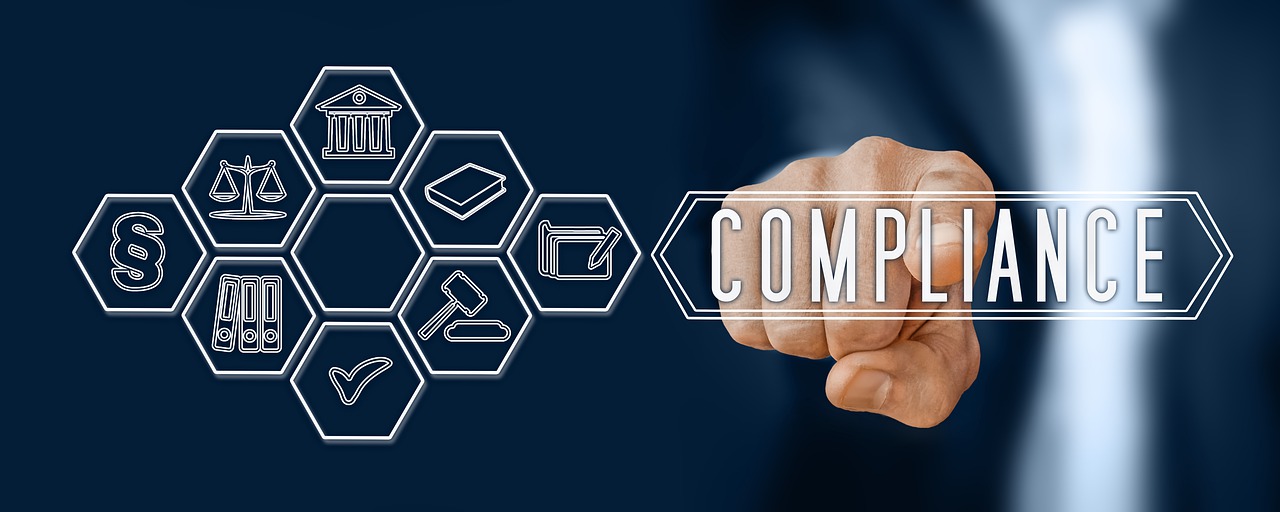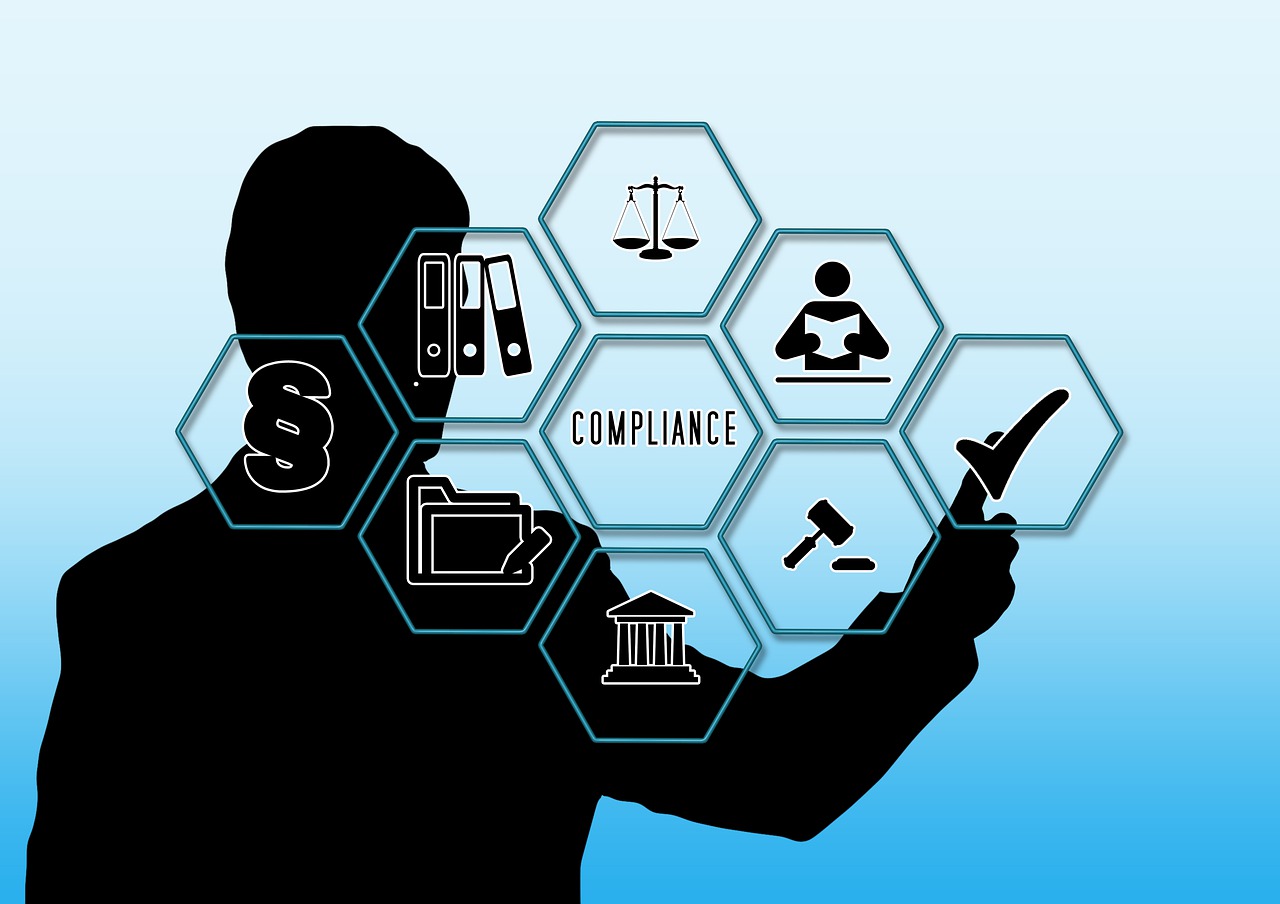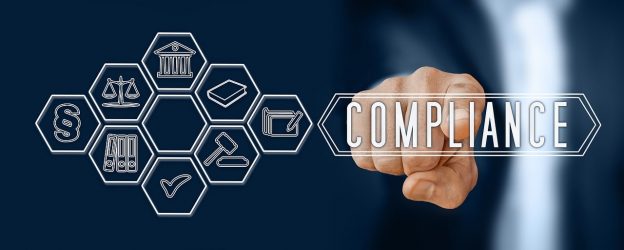In today’s digital age, social media has become a powerful tool for the entertainment industry to connect with audiences and promote their products and services. However, with the rise of social media, also comes the need for compliance in order to navigate the legal landscape. Understanding the intricacies of social media claims compliance is essential for businesses in the entertainment industry to protect their brand reputation and mitigate legal risks. This article will delve into the importance of social media claims compliance in the entertainment industry, providing valuable insights and answering frequently asked questions to help businesses stay compliant and safeguard their online presence.
Claims Compliance for Entertainment Industry on Social Media

Introduction to Social Media Claims Compliance
In today’s digital age, social media has become an integral part of the entertainment industry’s marketing and promotional strategies. From film studios to music labels, businesses in the entertainment sector heavily rely on social media platforms to reach their target audience and generate buzz around their products and services. However, this increased use of social media also brings with it the need for claims compliance. Claims compliance refers to adhering to legal regulations and guidelines while making claims or promoting products and services on social media platforms. This article will delve into the intricacies of social media claims compliance for the entertainment industry and explore best practices to ensure compliance.
Why Compliance Matters for the Entertainment Industry
Compliance holds significant importance for the entertainment industry due to several reasons. Firstly, non-compliance with legal regulations and guidelines can lead to severe legal and regulatory consequences. The Federal Trade Commission (FTC) and other governing bodies closely monitor social media platforms and take action against businesses that violate advertising laws. Secondly, maintaining compliance is crucial for safeguarding the reputation and brand of entertainment companies. A single instance of false or misleading claims on social media can tarnish the credibility and trustworthiness of a brand, leading to substantial brand damage. Additionally, compliance plays a pivotal role in building and nurturing consumer trust, which is vital for establishing long-term relationships with the audience. Lastly, achieving claims compliance can provide entertainment businesses with a competitive advantage and help differentiate themselves in the market.
Key Regulations and Guidelines for Social Media Claims
Several regulations and guidelines govern the advertising and promotional activities on social media platforms. Familiarity with these regulations is essential for businesses in the entertainment industry to ensure compliance. The Federal Trade Commission (FTC) guidelines, which apply to all industries, outline the requirements for clear and conspicuous disclosures, endorsements, and testimonials. The Advertising Standards Authority (ASA) regulations in the UK provide specific guidelines for social media advertising, including rules on influencer marketing and the disclosure of sponsored content. Moreover, the Food and Drug Administration (FDA) imposes specific requirements on healthcare and pharmaceutical companies regarding the promotion of their products on social media. Additionally, the entertainment industry itself has specific regulations that govern the advertising of films, music, and other forms of entertainment.
Benefits of Claim Compliance on Social Media
Achieving claims compliance on social media offers numerous benefits for businesses in the entertainment industry. Primarily, complying with regulations enhances credibility and trustworthiness. When companies make truthful and transparent claims on social media, it establishes a positive perception in the minds of consumers, building their trust. Compliance also protects businesses from legal action and potential fines by ensuring they operate within the boundaries set by regulatory bodies. By maintaining compliance, companies can avoid negative publicity and legal battles that can lead to substantial financial losses. Moreover, compliance positively impacts consumer perception and engagement, creating a stronger connection between the audience and the brand. This, in turn, can lead to increased sales and revenue for businesses in the entertainment industry.
Challenges and Risks in Achieving Compliance
While claims compliance is crucial for the entertainment industry, it is not without its challenges and risks. One of the primary challenges is interpreting and applying vague guidelines. Regulatory guidelines are often open to interpretation, which can make it challenging for businesses to determine the appropriate course of action. Balancing creativity and compliance is another hurdle. The entertainment industry thrives on innovation and creativity, but this needs to be carefully balanced with compliance to avoid crossing legal boundaries. Managing influencers and user-generated content poses additional challenges, as entertainment businesses must ensure that their influencers and fans comply with advertising regulations. Finally, monitoring and enforcing compliance on social media can be labor-intensive and time-consuming, especially for large-scale campaigns.
Ensuring Compliance: Best Practices for the Entertainment Industry
To mitigate the risks and challenges associated with claims compliance, entertainment businesses can follow a set of best practices. Firstly, it is crucial to develop a comprehensive social media claims compliance strategy that aligns with the company’s overall marketing goals. This strategy should include clear and transparent advertising disclosures that inform consumers about sponsored content and endorsements. Establishing approval processes and workflows is another important step in maintaining compliance, ensuring that all social media content goes through a review process before being published. Implementing content and influencer guidelines helps set clear expectations for advertising practices and creates a framework for compliance. Additionally, regular auditing and review of social media content will help identify any compliance issues or potential areas of improvement.

Tools and Technologies for Monitoring Compliance
Numerous tools and technologies are available to assist businesses in monitoring and ensuring claims compliance on social media. Automated monitoring and filtering solutions can scan social media platforms for potential compliance violations, flagging any content that raises concerns. Analytical tools provide businesses with insights into their compliance efforts by assessing the effectiveness of their disclosures and the impact of their campaigns. Social media management platforms allow for the centralized management and monitoring of multiple social media accounts, streamlining compliance efforts. Additionally, employee and influencer compliance tracking software can help businesses monitor the compliance status of their team members and influencers, ensuring adherence to regulations.
Training and Education for Employees and Influencers
To ensure comprehensive claims compliance, businesses in the entertainment industry must invest in training and educating their employees and influencers. This includes providing them with a thorough understanding of relevant regulations and guidelines to make informed decisions while creating content for social media platforms. Creating awareness of compliance risks and the potential consequences of non-compliance can help instill a sense of responsibility among team members and influencers. Ongoing training and updates are crucial to keep pace with evolving regulations and industry trends. Incorporating compliance into contracts and agreements with influencers and content creators can also help set expectations and ensure compliance from their end.

Case Studies of Successful Compliance in the Entertainment Industry
Various case studies demonstrate successful claims compliance in the entertainment industry. For example, a film production company collaborated with influencers to promote an upcoming movie by clearly disclosing the sponsorship and providing statements that accurately represented the film. This transparent approach not only adhered to regulatory guidelines but also received positive feedback from the audience, resulting in increased ticket sales. Similarly, a music label worked with influencers to promote an artist’s new album, ensuring that all endorsements and testimonials were clearly disclosed and accurate. By maintaining compliance, the label strengthened its reputation and built trust among consumers.
Frequently Asked Questions about Social Media Claims Compliance in Entertainment
Q: What are the consequences of non-compliance with FTC guidelines?
A: Non-compliance with FTC guidelines can lead to legal action, penalties, fines, and damage to a brand’s reputation.
Q: Are there specific regulations for advertising in the film industry?
A: Yes, the film industry has specific regulations governing the advertising and promotion of movies in order to ensure fair and accurate representation.
Q: How can social media monitoring tools help in maintaining compliance?
A: Social media monitoring tools can scan platforms for compliance violations, flagging any content that may go against regulations and helping businesses proactively address compliance issues.
Q: What steps should be taken to educate influencers about compliance?
A: Businesses should provide influencers with comprehensive training on relevant regulations and guidelines, create awareness of compliance risks, and incorporate compliance expectations into influencer contracts.
Q: Is it necessary to have legal counsel for social media claims compliance?
A: While not mandatory, legal counsel can provide valuable guidance and ensure that businesses are fully compliant with relevant regulations to mitigate legal risks and protect their brand.
